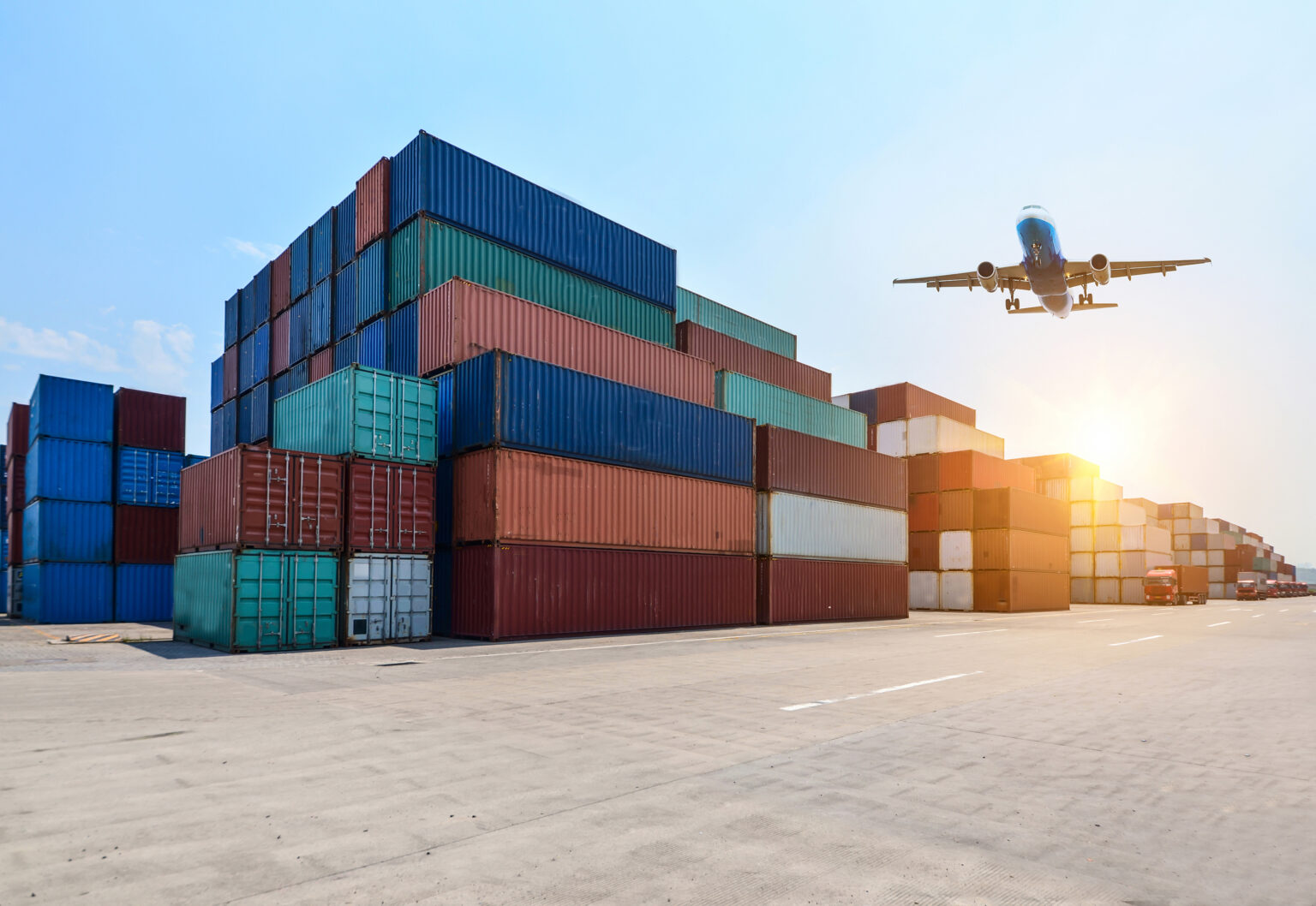US-based global market research, strategy consulting and M&A advisory firm, Ducker Carlisle is now offering the first certification that recognizes manufacturers for implementing sustainable management practices in the distribution segment of their supply chains. The new Supply Score Certification leverages the firm’s 30+ years of supply chain benchmarking experience to help companies demonstrate their progress toward meeting corporate sustainability goals, differentiate themselves from competitors, and create new business opportunities with environmentally-minded customers and partners.
The new certification currently focuses on measuring companies’ efforts to reduce their carbon footprint in the areas of warehousing, packaging and outbound transportation. Green initiatives in other areas such as inbound transport, returns and reverse logistics and customer product use will be added as the program expands.
Ducker Carlisle’s benchmarking experts help supply chain, sustainability and corporate social responsibility (CSR) managers determine what data to collect in each area, including any third-party certifications, and then use a proprietary methodology to calculate each organization’s supply chain sustainability score. Companies can earn either Bronze, Silver, Gold or Emerald Supply Score Certification, along with marketing and public relations support to publicize the achievement to both internal and external stakeholders.
Participating companies also have the opportunity to dialogue with other supply chain, sustainability and CSR professionals to share best practices for improving their sustainability performance.
“Accreditations like LEED, UL 2809, ISO 14001 and EcoVadis are valuable indicators of different aspects of an organization’s sustainability efforts, but until now no certification has focused specifically on distribution practices that can play a vital role in reducing a company’s greenhouse gas emissions,” said Nate Chenenko, Ducker Carlisle Principal in charge of the firm’s global benchmarking practice. “By concentrating on the distribution aspect of supply chains, Supply Score Certification provides a meaningful new way of helping supply chain teams demonstrate progress in meeting corporate sustainability targets.”
One of the first companies to work towards Ducker Carlisle’s Supply Score Certification is construction equipment manufacturer Kubota, which has implemented multiple initiatives in the last several years as part of a campaign to achieve carbon neutrality by 2050. Strategies that will help Kubota earn the certification include the use of cardboard and plastic balers to compact trash at one facility, a contract to pulverize waste at another location, and investment in a corrugated cardboard shredding machine and reuse of the shredded cardboard as packaging fill. Results have included significant reductions in waste disposal costs, waste hauling trips and associated fuel costs as well as fewer packaging purchases.
“At Kubota, we are focused on working with partners like Supply Score to help identify areas where we can be more sustainable across our supply chain,” said Kathi Dailey, Kubota General Manager. “Understanding what metrics to track and how to track them to reach our goals can be a challenge. We are hopeful that working closely with Supply Score to help us organize our supply chain data will provide a platform that enables us to demonstrate our progress and better collaborate with our peers.”



